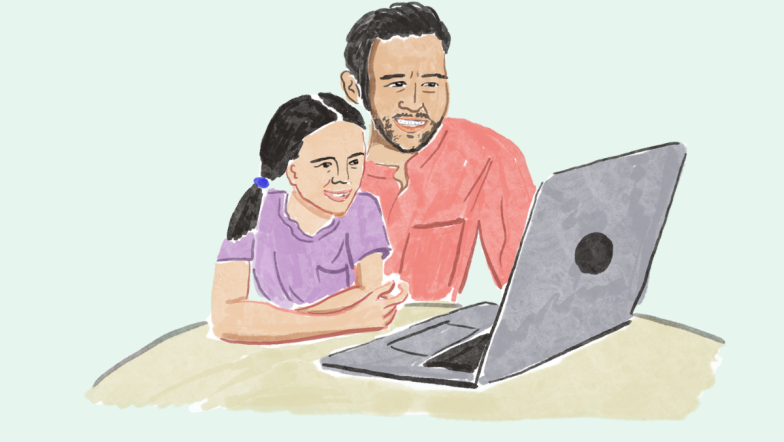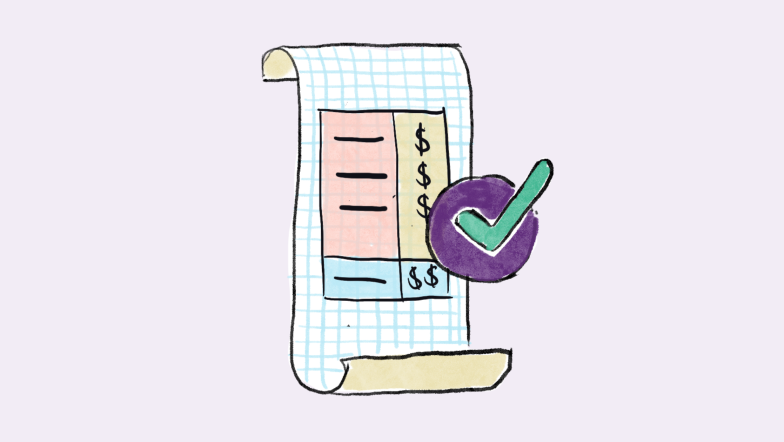WEAAD2021: Ensuring older people feel safe, and treated with dignity and respect
15 Jun 2021
During World Elder Abuse Awareness Day, we are working in communities to raise awareness of elder abuse, recognising its profound impact on older people.
Most elder abuse happens where people should feel safe: within a person’s own home.
We know from our Health Justice Partnerships, our integrated approach and long-standing relationships can help identify cycles of elder abuse and harm, and intervene.
What is elder abuse?
Elder abuse is a broad term for any action or inaction that causes fear of violence, isolation, deprivation, humiliation or powerlessness in an older person. It is different from other forms of family violence in that it can occur in any relationship where there is an ‘expectation of trust’.
The most common form of elder abuse is financial abuse, and is most often committed by a family member, friend or carer. Sometimes the language around elder abuse, such as inheritance impatience, can mask what’s really happening: theft. It can be as small as using a parent or grandparent’s pin number to withdraw money, to forcing transfer of property. Financial abuse is more likely to happen to women, and is often accompanied by psychological abuse.
The impact of elder abuse is devastating and has serious consequences on health and wellbeing for older people. The Australian Institute of Family Studies estimates that between 2 and 14% of older Australians are likely to experience elder abuse in any one year, and that elder abuse is significantly underreported. Data about neglect is hard to capture but it is likely to push the amount of people experiencing elder abuse even higher.
How we’re helping end elder abuse
Legal help can make a big difference to people at risk of elder abuse. However, many older people seek advice very late, when responses can be costly, difficult and stressful. There are lots of reasons someone may seek legal help late, such as social isolation, lack of knowledge about legal services, and lack of understanding that a problem they are experiencing has a legal solution.
We help people experiencing or at risk of elder abuse through our Health Justice Partnership model, as well as through individual referrals to free legal help.
As one of the few expert legal services providing legal help to older people in Australia and the first to integrate telehealth videoconferencing into our legal services, we’re calling for more resources to help stop the elder abuse crisis.
See our campaigns:


